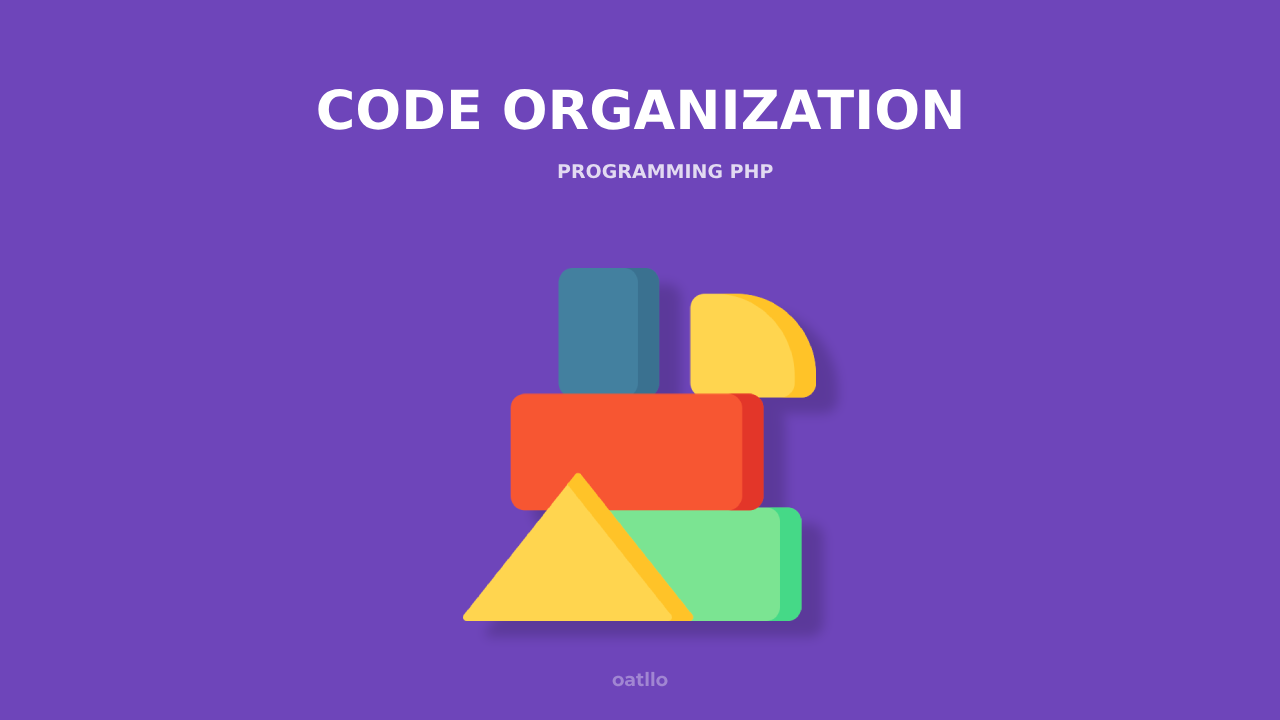Understanding Clean PHP Code
When it comes to programming in PHP, one of the most essential practices is writing clean PHP code. Clean code enhances maintainability, readability, and overall performance of your applications. In the following sections, we will delve into various aspects that contribute to writing effective PHP code.
Benefits of Writing Clean PHP Code
Writing clean PHP code offers numerous advantages, such as:
- Improved Readability: Code that is clear and well-structured is easier for you and others to understand.
- Easier Maintenance: When your code is clean, it becomes simpler to fix bugs and implement new features.
- Better Collaboration: In team environments, clean code allows multiple developers to work on the same project without confusion.
Best Practices for Clean PHP Code
To achieve clean PHP code, consider following these best practices:
- Consistent Naming Conventions: Use meaningful names for variables and functions, and stick to a consistent style (e.g., camelCase, snake_case).
- Modular Code: Break your code into small functions or classes. Each should have a single responsibility for better usability.
- Comment Wisely: While clean code should be self-explanatory, use comments to explain complex logic or important decisions.
- Adopt a PHP Framework: Utilizing frameworks (like Laravel or Symfony) encourages the use of clean coding practices out of the box.
Tools to Ensure Clean PHP Code
There are various tools and linters available that help ensure your PHP code is clean and conforming to standards. These tools can automatically detect and fix coding style issues:
- PHP CodeSniffer: This tool helps you detect violations of coding standards.
- PHPStan: A static analysis tool that helps find bugs in your code without running it.
- PHP Mess Detector: It detects several potential problems and can help you keep your code clean.
We encourage you to explore the related articles below to deepen your understanding of clean PHP code and improve your programming skills!
